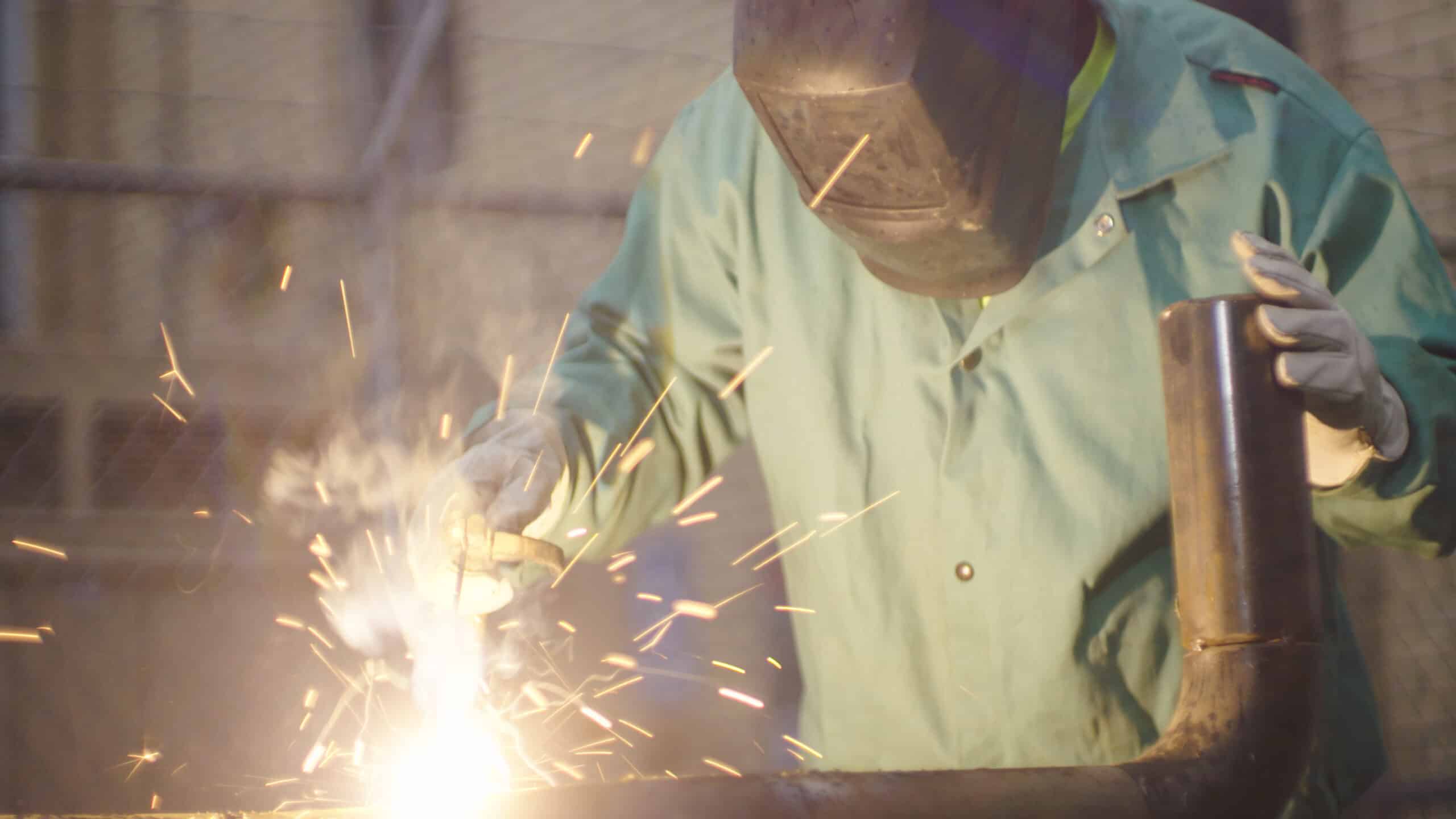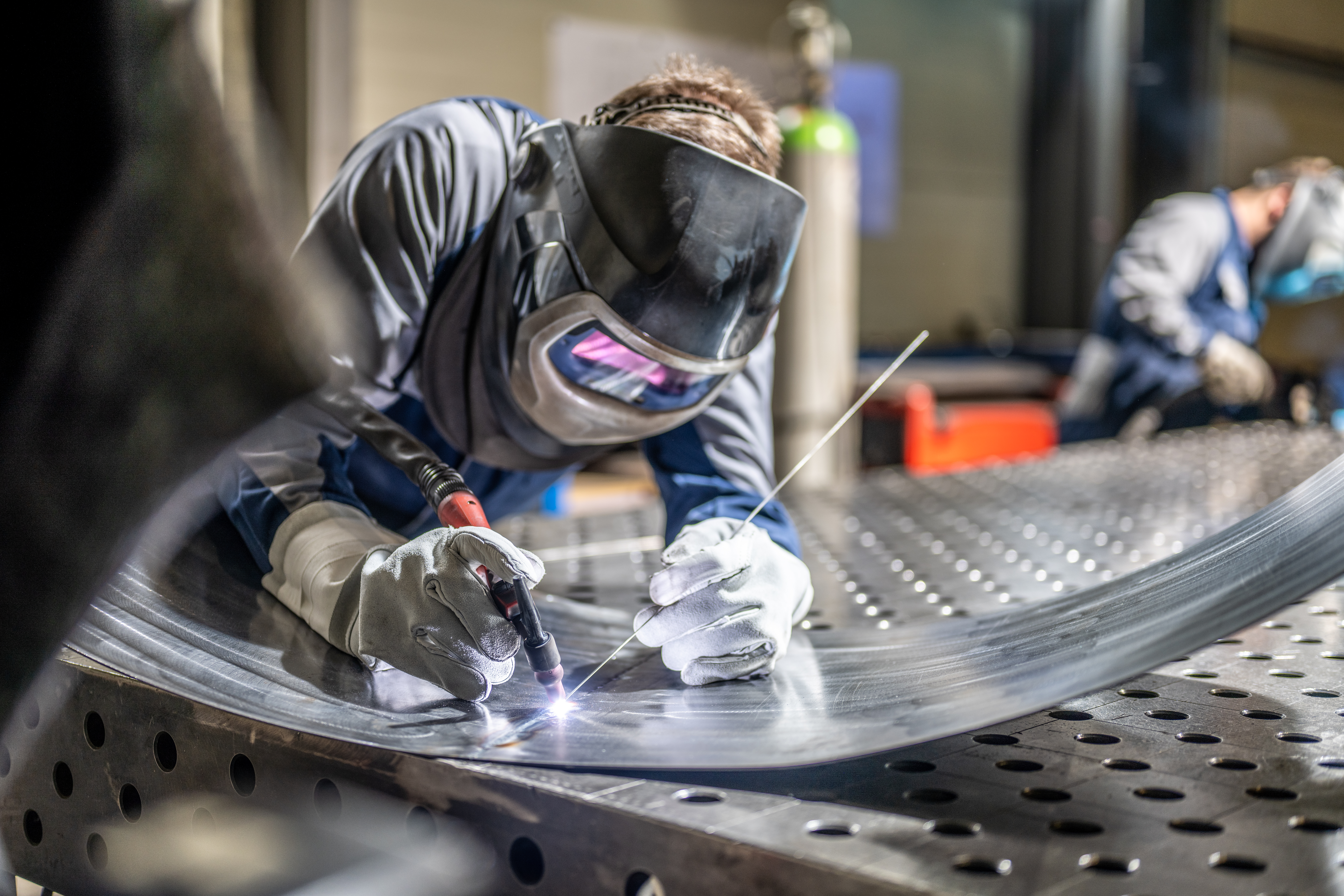
What Are Industrial Jobs?
From manufacturing to heavy machinery operations, industrial jobs shape many key industries, driving economies and creating innovations that touch every aspect of our lives. Whether you’re interested in working with cutting-edge technology or in large-scale production facilities, the industrial sector offers a wide range of fulfilling and dynamic careers.
What Does an Industrial Job Look Like?
An industrial job typically involves working in sectors such as manufacturing, construction, or logistics. These jobs are highly varied, but many involve hands-on work in environments like factories, plants, or warehouses. Manufacturing jobs, in particular, focus on creating products ranging from electronics to automobiles. Whether you’re operating machines, ensuring safety protocols are followed, or managing quality control, the opportunities in this sector are vast.
A typical day in an industrial job might involve operating complex machinery, maintaining equipment, inspecting products for quality, or collaborating with teams to meet production goals. There’s also an increasing focus on automation and technology, which means that industrial jobs are becoming more tech-driven and require a combination of technical knowledge and hands-on skills. Despite the physical demands of many manufacturing jobs, the industry continues to evolve, offering plenty of growth opportunities for those interested in developing their skills.
The Top 5 Industrial Jobs to Explore:
- Machinists: Machinists work with various machines, such as lathes and milling equipment, to produce precision parts. They play a critical role in manufacturing jobs by ensuring products are made to exact specifications.
- Welders: Welding is a specialized industrial job where individuals use heat to fuse materials, primarily metal. Welders are in high demand across many industries, including construction, shipbuilding, and automotive manufacturing.
- CNC Machine Operators: Computer Numerical Control (CNC) machine operators program and operate machines that cut, shape, and assemble metal parts. This is a highly technical and increasingly important manufacturing job, particularly in sectors like aerospace and defense.
- Industrial Electricians: Industrial electricians install, maintain, and repair electrical systems in industrial facilities. This is a vital industrial job that keeps plants and factories running smoothly, particularly as industries become more reliant on automated systems.
- Quality Control Inspectors: These professionals ensure that products meet the required standards and regulations. In manufacturing jobs, quality control inspectors play a crucial role in maintaining the integrity and reliability of the products being produced.
Discovering the NCW Difference
Finding the perfect industrial job can feel overwhelming, especially with so many opportunities and competition out there. That’s where staffing services like NCW come in. NCW specializes in connecting job seekers with top employers in the industrial sector. Whether you’re new to the industry or looking to take your career to the next level, NCW can help you find a job that matches your skills and interests.

With a deep understanding of the market, NCW ensures that both job seekers and employers find the right fit. They work closely with companies to fill open manufacturing jobs to ensure that candidates are set up for success in their career goals. For job seekers, this means access to exclusive opportunities and personalized support throughout the job search process.
Are You Ready For An Industrial Job?
The industrial sector is an exciting and ever-evolving industry offering a variety of roles and growth opportunities. If you’re interested in dipping your feet into a new role, contact NCW today to set out on your industrial adventure!
